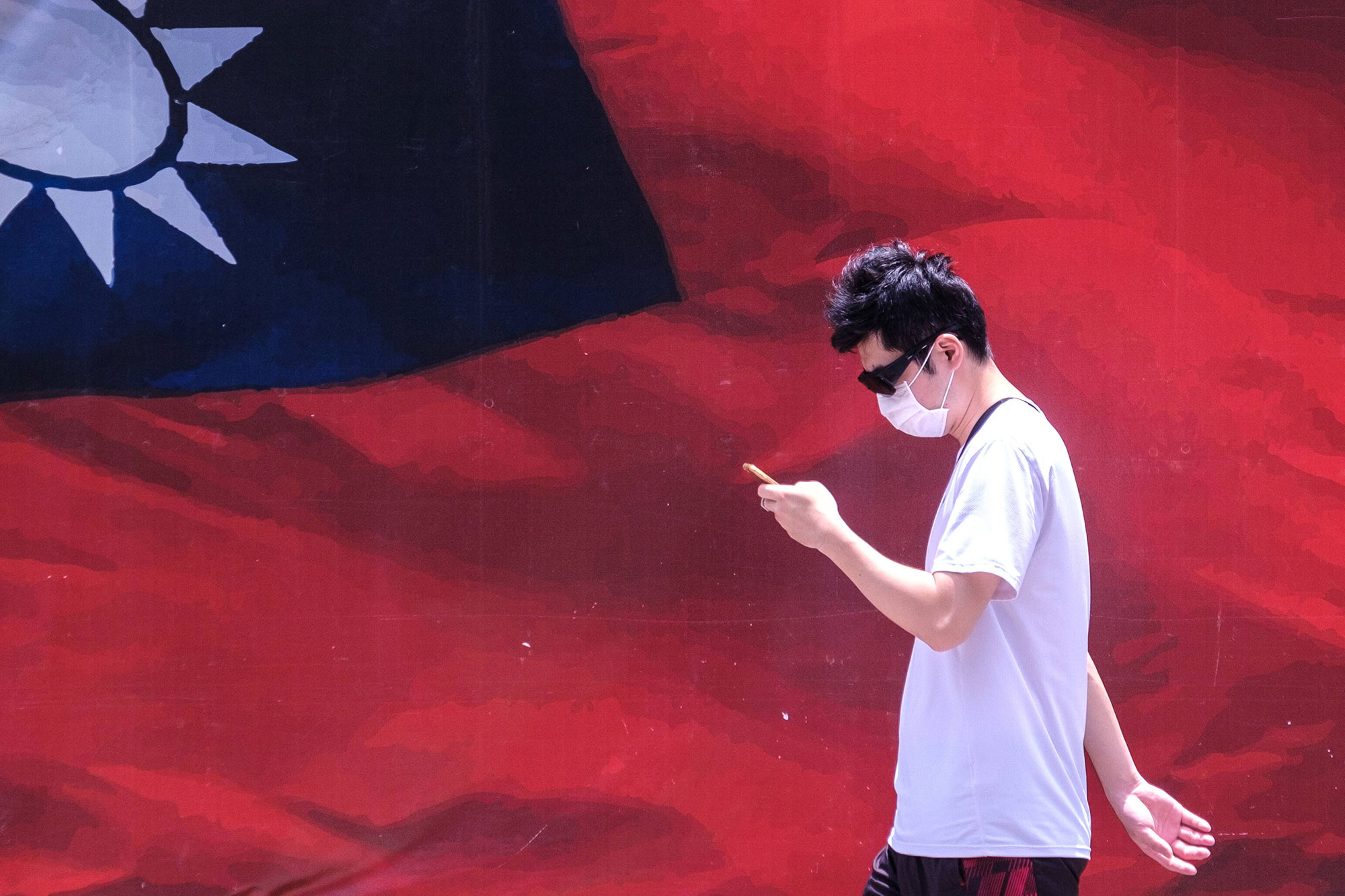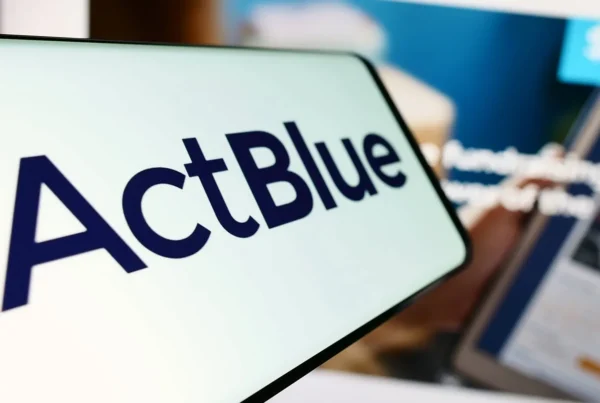Taiwan has become a global leader in combating Covid and disinformation. Its innovative use of the internet and online civic engagement has strengthened democracy and increased trust in the government. It is also providing valuable lessons for other countries.
Benedict Kriechbaum, 20 October 2021
At a time when democratic systems are in need of strengthening and innovation to deal with challenges, Taiwan offers some valuable ideas and experience on how democracy functions effectively in the 21st century. Taiwan has used technology, data analysis and enhanced civic engagement through open-source initiatives to improve the structure and functioning of its democratize system, thereby proving that ‘democracy’ is not static but should evolve to meet the changing demands of our time.
The internet has increased connectivity, while also causing greater divisiveness and polarization, i.a., through the spread of disinformation on social media platforms, which has been used to corrode trust in democratic institutions and processes. Taiwan, however, is successfully figuring out ways in which technology can be applied to support rather than threaten democracy by using the internet to promote greater pro-active public participation, consensus building and transparency in governance. This in turn enhances the public’s trust and inoculates against political tribalism and nationalist populism. Trust in government, together with its online tools, has enabled Taiwan to become one of the global leaders in fighting the Covid-19 pandemic as well as in successfully combatting the ‘infodemic’ that has polluted the discourse on Covid in most other countries.
According to Taiwan’s Center for Disease Control, Taiwan has had only 16,313 confirmed cases of Covid-19 and a total of only 846 deaths (as of 13 October 2021). Taiwan avoided a complete lockdown while having a relatively low vaccination rate of only 20.5% of its population, partially attributable to the focus on their own vaccine development.
The East Asian island nation is located 130 kilometres off the coast of mainland China. Only 14 countries officially recognizing Taiwan’s sovereignty: not including the US and China. Taiwan remains excluded from international organizations such as the WHO. President Xi recently reiterated the one nation, two systems mantra, and Taiwan’s future remains uncertain
Taiwan has reportedly been subject to more disinformation campaigns from foreign actors than any other country in the world. Despite its history of Japanese colonial rule and Chinese martial law, Taiwan has succeeded to become one of the world’s youngest democracies, having held its first presidential election only in 1996.
The Sunflower Movement of 2014 created a new relationship between the government and its people and paved the way for the election of the Democratic Progressive Party led by Tsai Ing-wen in 2016 and the adoption of innovation in public discourse. The birth of democracy in Taiwan was intertwined with the internet boom. Both evolved together.
Since the early days of increasing internet connectivity in Taiwan, a vibrant community of open-source programmers emerged that actively engaged in social issues. Today internet access has been elevated to the status of a human right in Taiwan, with accessibility being guaranteed by the government. Open-source programming allows for code to freely be accessed by anyone, tapping into the collective intelligence of civil society for continuous peer review, modification and improvements.
One of Taiwan’s most prolific figures, Audrey Tang, has emerged from this movement. The native Taiwanese had been a child prodigy and serial entrepreneur in Silicon Valley before deciding to dedicate herself to exploring the potential of social initiatives through the power of the internet. This led to her appointment as Taiwan’s first digital minister under the government of Tsai Ing-wen in 2016.
Tang’s appointment has led to a series of open-source government initiatives that allowed for greater public participation, collective action, transparency and ultimately mutual trust between the people and their government. One of the earliest initiatives involved converting the 500-page annual budget document into an interactive graphic visualisation, providing a practical tool for users to inform themselves and initiate real-time conversations with government administrators online. The e-participation platform called ‘Join’ today boasts over 10.5 million users – almost half of the country’s population. The platform allows anyone to propose a petition that demands ministerial attention once it is supported by over 5000 people. Furthermore, details of government projects and procurement activities can be reviewed and commented on and each citizen is allocated 99 points that can be deployed to vote for favorite initiatives to be realized by the government.
Gamification has increased civic participation and has prioritized issues of national concern. Through these public discussion platforms, policy issues are addressed by a simple voting mechanism. Users can vote either for or against whatever arguments are put forward by either side, generating a transparent map of the debate and highlighting divides and consensus.
Taiwan helps bring people with previously opposing convictions and opinions together by finding common ground. Civic consultation ultimately allows for an almost apolitical legitimization of government action in its policy decision-making process and may serve as a model for other countries in the future.
Taiwan has been faced with an onslaught of disinformation and cyberattacks. According to the Director General of Taiwan’s Cyber Security Agency, the networks of the Taiwanese government are targeted c. 30 million times a month. Their source is often traced to actors in the PRC. Taiwan’s CoFact initiative, an open-source fact-checking platform, was created to counter these attacks. It is a further pillar to strengthen civic trust and discourse by combating false information. CoFact has been very successful in the detection, tracing and labelling of false information. Rather than being censored or taken down, false information is tagged and traced.
Taiwan has recognized the viral potential of humor which the government effectively applies in its clarifications and explanations. This has allowed Taiwan and its citizens to be able to rely on common data and information that can be mutually trusted in its efforts to build civic and public partnerships.
The resulting trust in government is also reflected in the approval ratings that are consistently above 90%. It is this trust that was also one of the underlying factors in Taiwan’s effective and outstanding response to Covid-19. Incoming passengers from Wuhan were monitored and traced within days after the first cases where known. This was one of the 124 discrete action items taken to prevent the spread of the disease, all of which were in line with existing legislation and therefore not a cause for further debate and divisiveness experienced in other countries. Despite its proximity to the Chinese mainland and its large population commuting with China, Taiwan has recorded the lowest global incidence rate per capita – around 1 in every 500,000 people.
Taiwan’s experience shows how digital tools can be applied by government to enlist its citizenry in collaborative problem solving and controlling Covid while deflecting polarization of its citizens. Taiwan’s digital innovations also build mutual trust on the basis of transparency and a common factual basis, thus strengthening its democracy. In this way, Taiwan has managed to avoid many of the pitfalls faced by other democracies, thus offering valuable insights.
Picture: July 19, 2021, Taipei, Taiwan: A man wearing a face mask walks past a Taiwanese flag ahead of the COVID-19 alert Level 3 restriction lift in Taipei. © IMAGO / ZUMA wire xWalidxBerrazegx





